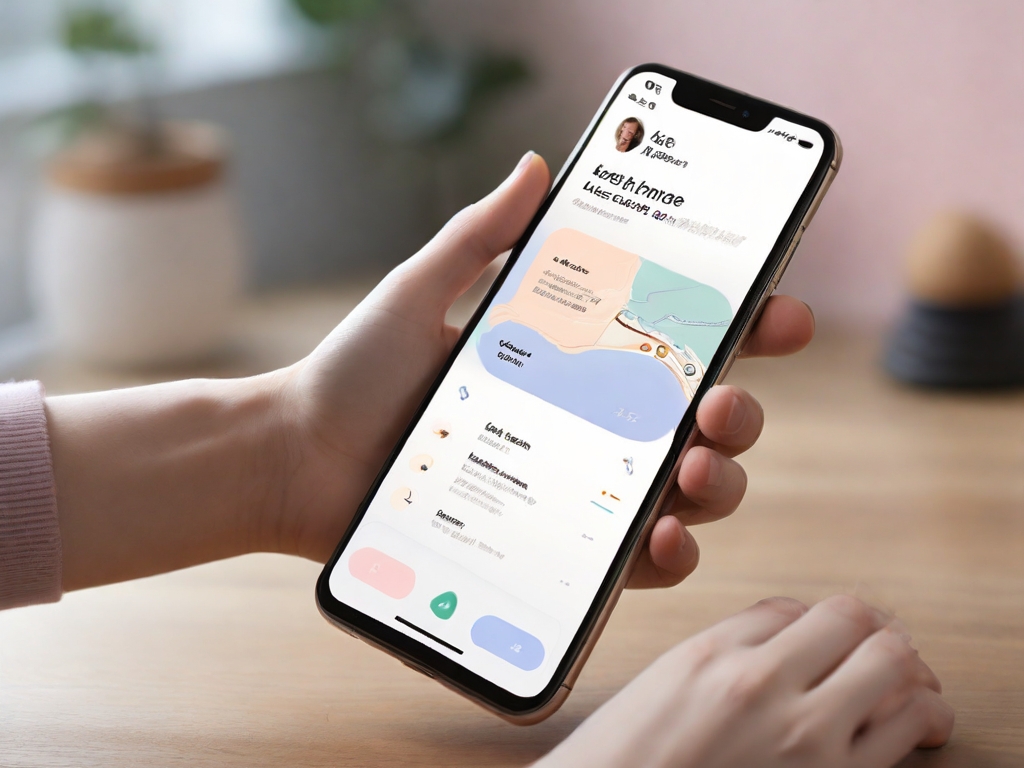
In today’s data-driven world, where privacy concerns are paramount, scrutiny towards apps that collect user information is inevitable. One UI Home, the default launcher on Samsung devices, has found itself under the microscope for its permissions and data collection practices. But is it truly a “spy app,” or simply a misunderstood tool? Let’s delve deeper.
Defining the Culprit: What is a Spy App?
Before dissecting One UI Home, let’s establish a clear definition of a “spy app.” These malicious software programs operate covertly, gathering user data without knowledge or consent. This stolen information can range from browsing history and contacts to location details and even audio recordings.
One UI Home’s Permission Scope: Unveiling the Access List
One UI Home does require various permissions to function effectively. These include:
- Location: Enables location-based recommendations and services like nearby restaurants or weather updates.
- Contacts: Facilitates features like quick access to frequently contacted individuals and personalized app suggestions.
- Storage: Stores app data, wallpapers, and other user preferences for a seamless experience.
- Phone Calls: Allows features like call history access and spam call identification.
It’s crucial to remember that these permissions are not exclusive to One UI Home. Most launcher apps request similar access to deliver core functionalities like personalized recommendations and home screen shortcuts.
Data Collection: Friend or Foe?
While One UI Home collects user data, the context and purpose behind this collection are crucial. Samsung explicitly states that the gathered information is used to “enhance user experience” and “provide personalized recommendations.” The company assures users that their data is securely stored and not shared with third parties without consent.
Transparency matters: One UI Home offers some level of transparency regarding data collection. Users can access information about the collected data and even manage or disable certain permissions within the app settings.
The Verdict: Spy App or Misunderstood Ally?
Based on the available evidence, labeling One UI Home as a “spy app” seems inaccurate. While it collects user data, the process is transparent and serves a legitimate purpose: to improve the user experience. Moreover, users have control over the data collected and can choose to disable specific permissions or switch to a different launcher altogether.
Weighing the Scales: Pros and Cons of One UI Home’s Data Collection
Pros:
- Enhanced user experience: Personalized recommendations, location-based services, and quick access to frequently used features can streamline the user experience.
- Improved app functionality: Certain permissions, like storage access, are essential for core app functionalities.
- Transparency and control: Users have some level of control over the data collected and can manage permissions.
Cons:
- Privacy concerns: The collection of any personal data can raise privacy concerns for some users.
- Potential for misuse: While Samsung assures secure storage, there’s always a potential risk of data breaches or misuse.
- Limited control: While some control exists, users cannot entirely opt-out of all data collection.
The User’s Choice: Navigating the Data Landscape
Ultimately, the decision of whether or not to use One UI Home rests with the individual user. Understanding the context and purpose of data collection, along with the available control options, empowers users to make informed choices about their privacy. Remember, staying informed about data collection practices and being mindful of granted permissions are crucial steps in protecting your digital privacy.
Beyond One UI Home: A Broader Perspective
It’s important to remember that the data collection landscape is constantly evolving. What’s considered acceptable today might not be tomorrow. As users, we have a responsibility to stay informed about the data collected by the apps we use and how it’s utilized. Additionally, being mindful of the permissions we grant and being willing to revoke them if necessary is essential.
By understanding the nuances of data collection and making informed choices, we can navigate the digital world with greater awareness and protect our privacy in the process.



